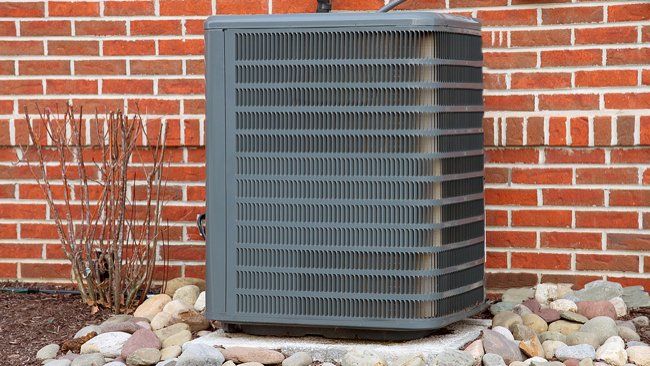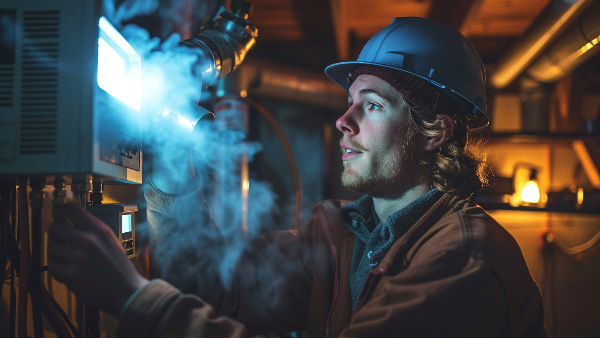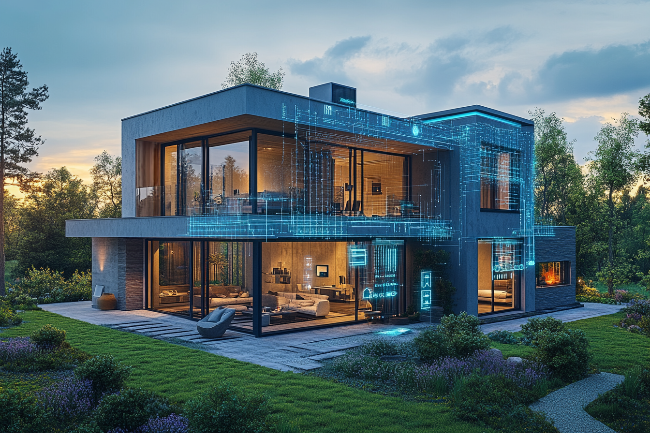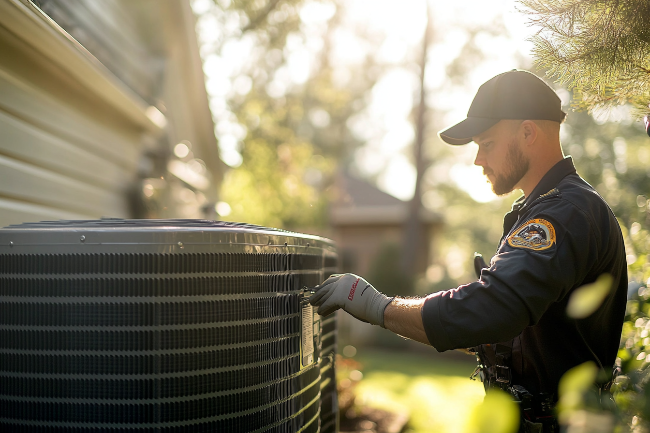GET A FREE QUOTE TODAY - (707) 228-9921
What Problems May Develop With an Oversized Air Conditioner?
AC units that are too big cause hefty bills and uncomfortable humidity levels.
Depending on where you live, having an air conditioning unit, or AC may be necessary. Certain geographical areas experience regular heat waves or year-round heat that leaves residents searching for cold, non-humid air. However, the average person does not know what size AC is appropriate for their needs and their home. When a homeowner installs an AC unit that is too large for their place of residence, they may experience some technical issues, financial issues, and overall discomfort.
You Will Notice Strange On/Off Cycles
Atypical AC on and off cycles is one of the primary indicators of owning an AC that is too large for your home. When you purchase an appropriate-sized AC unit for your home that operates how it should, you will notice that on and off cycles last from 7 to 10 minutes at a time. If it turns off faster than this, your AC is undergoing too short of a cycle, while anything longer is too long of a cycle.
You Will Experience Higher In-Home Humidity Levels
Most people purchase AC units to avoid high humidity levels. If you bought an AC and still experience high humidity levels while inside your home, you may have purchased an oversized AC. In fact, AC units that are bigger than what is appropriate for your home may even increase the humidity levels you endure while indoors. This is largely due to on and off cycles that are too short or too long. An AC with irregular cycles may overheat, creating even more humidity in your home.
On the other hand, an AC unit that conducts too short of cycles will not be able to effectively reduce humidity levels in such a short amount of time. If your AC unit has too short of a cycle, you will likely notice sudden bursts of cool air that do not effectively cool your home. As a result, the humidity levels in your home will not go down to a comfortable level.
Your Home May Develop Mold
High levels of humidity in your home are not only uncomfortable but a possible hazard to your health. High humidity levels are prime ground for molds to start to grow, particularly in your air ducts. Depending on the type of mold and how long it stays in your home, this can be especially hazardous to you and the health of your household. You will also need to hire a professional to remove mold from your home which can be costly.
You Will See Increases in Energy Bills
Unnecessary costs are one of the most common consequences resulting from the mistakes people make when searching for a new AC unit. On top of bills associated with hiring professionals to remove any hazards in your home caused by humidity, you will also see an increase in your energy bills. An oversized AC unit causes irregular on and off cycles that will raise your energy bill. This happens because ACs have motors that take care of different parts of your AC's system. When a motor is constantly turning on and off, they require more power than normal. Oversized ACs often result in an overuse of motors that use too much power and will raise your electric bills.
Your AC's Lifespan Will Decrease
A high-quality AC unit that is appropriately sized for your home should last at least a decade. Some properly installed AC units will last anywhere from 15 to 20 years depending on how it is taken care of. An AC that is oversized and constantly overworked will not last nearly as long as it should, creating even more costs for you due to repairs and replacements. As with any system, unnecessary wear and tear will almost always result in premature breaks and hefty costs. Of course, it is ideal for anyone who purchases an AC system to invest in one that lasts.
Addressing The Issue of Having an Oversized AC
One of the ways you may address your oversized AC unit is to take appropriate measurements of your place of residence. To attempt to purchase an appropriately sized system, you must conduct a cooling load calculation. A cooling load calculation incorporates your address's typical climate, the number of square feet in your home, room size, number of rooms, and much more.
Even if you attempt to purchase the appropriate sized AC unit, you may still experience problems. If you notice any of these issues within your home and your AC unit, you may have purchased an oversized AC unit. Purchasing an AC unit that is too large for one's home is quite common. However, if you suspect that your AC unit is too big for your size, you should contact a professional. Getting in touch with a professional will likely save you from headaches, discomfort, and large bills in the long run. For more information, you may contact a reliable HVAC contractor at Next Level Heating and Air Conditioning Inc.
Comments
More Posts That Might Interest You
Take Your Home Comfort To The Next Level
Whether you need your furnace replaced or your AC repaired, we've got you covered.

Next Level Heating & Air Conditioning Inc.
© 2018 Next Level Heating & Air Conditioning. All rights reserved.
Website Design and SEO by Fitz Designz








